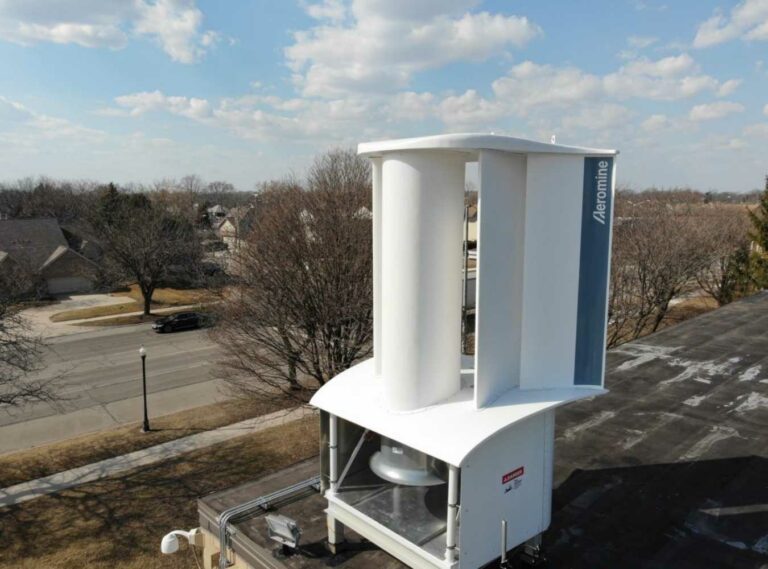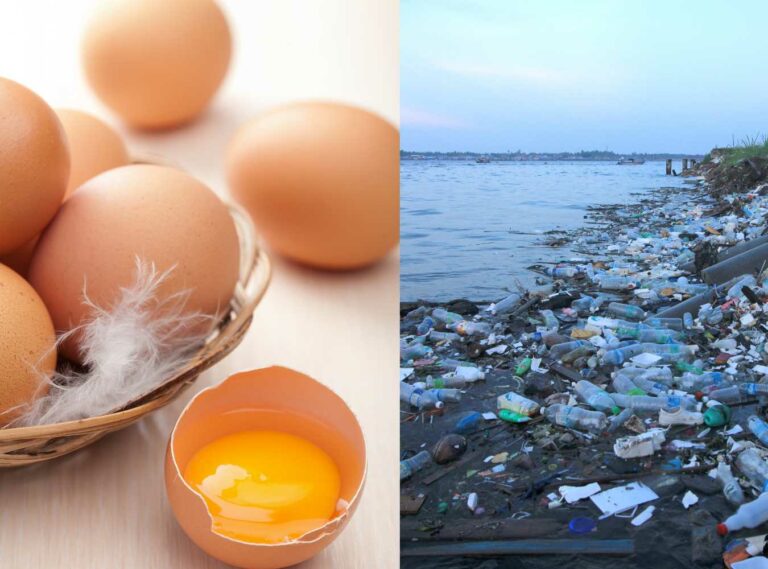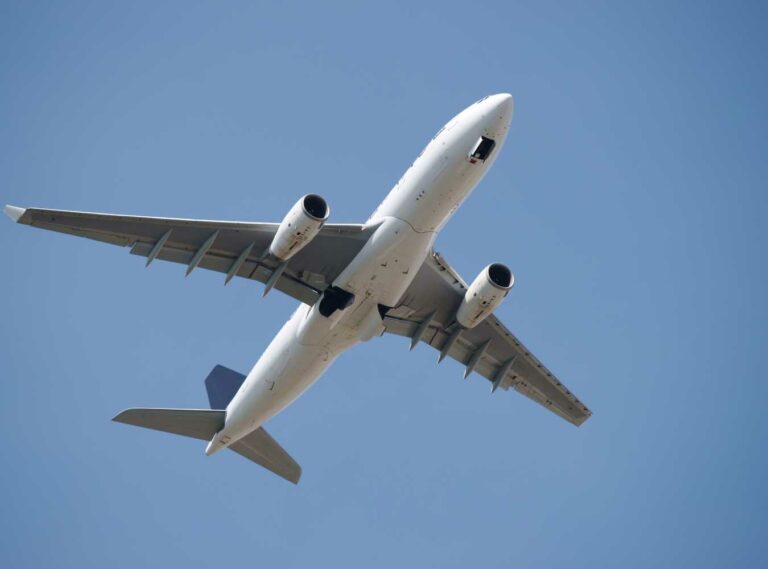
Positive Mind, Positive Action
Did you know that thinking positively helps you to accomplish your dreams and goals, and tasks should be easier to fulfil?
Your motivation to succeed and obtain what you want improves when you are in a positive frame of mind.
You’ll start to think that everything will work out for you and, it can inspire you to surpass all of your expectations.
With that in mind, here are three positive sustainability news stories that will help you think positively when it comes to sustainable change.
Rooftop wind system produces 50% more energy than solar
Our first news story comes from Houston, Texas in the United States where Aeromine Technologies has designed a unique ‘motionless’ rooftop wind generator.
The innovative generator produces up to 50% more energy than the equivalent priced solar panels and better still takes up 90% less roof space!
The generators make no sound and during independent testing, stood up to the claims made by the Houston technology company.
Although the wind energy boxes from Aeromine have a fairly tiny footprint, they are nevertheless quite large – the wings themselves are around 10 feet (3 metres) high and the boxes they are set upon add another 1.5 metres.
However, as they run silently and have no visible moving parts, they are much more suited to built-up areas and populated regions.
As a solution to energy usage, these turbines make a compelling argument for their use.
The technology is currently being tested in a working environment by BASF at their Michigan manufacturing plant.

The units are still dependent however on weather, but could be used in conjunction with solar to provide households and businesses with 24/7 renewable energy access, vastly reducing footprints and energy supplier reliance.
This is a great step forward and hopefully, the tests with BASF prove successful.
You can filter plastic by breaking eggs!
Our next story also comes from the US, this time from Princeton New Jersey where researchers at Princeton University have found that eggs can be used to extract salt and microplastics from water!
Researchers have discovered that the removal of salt and microplastics from seawater by freeze-drying and super-heating egg whites is 98% and 99% effective, respectively.

When eggs are freeze-dried and then heated to around 900 degrees Celsius, in an oxygen-free chamber, they create a structure of carbon strands and graphene sheets.
These strands act like a sieve and can remove or ‘sift’ microplastics and salt molecules from water, which has great implications for access to clean water.
Microplastics are rapidly becoming a problem for the environment and recent studies show that people can unintentionally consume 5 grammes of microplastics per week.
Store-bought eggs might be a part of the solution, but the researchers are also exploring the possibility of creating artificial proteins with similar filtration capabilities.
Professor Craig Arnold one of the lead researchers said that the new research could have a lot of benefits including being significantly cheaper than its alternatives such as activated carbon.
“Activated carbon is one of the cheapest materials used for water purification. We compared our results with activated carbon, and it’s much better,” he said.
This is a great step forward in solving the issue of microplastics and with it being low cost, should be something governments and corporations can get behind and also offer the opportunity to develop household products around the technology.
By using sustainable aviation fuels, the Royal Air Force (RAF) intends to become net zero by 2040 and lessen its reliance on global supply networks.
Flying sustainably may be a step closer
Our final story comes from the UK where for the first time ever, a flight powered by cooking oil took place!
On Wednesday, last week, the RAF Voyager, the military version of an Airbus A330, departed and touched down from RAF Brize Norton in Oxfordshire.
The flight took place over Oxfordshire and lasted 90 minutes and was the first time a military plane of this size was flown using fully sustainable fuel.
According to the RAF, ‘waste-based fuels’ should cut its carbon emissions by around 80%.
“The way we power our aircraft will be vital to meeting our Net Zero challenge, and the RAF is already thinking about how we will operate beyond fossil fuels,” said Air Chief Marshal Sir Mike Wigston.
He said the flight was an “important milestone” and “another technological first for the RAF alongside our industry partners”.
British Airways provided one of the test pilots and their head of sustainability, Carrie Harris said that the test flight took us “a step closer to fuelling commercial flights” in a sustainable way.

Rolls Royce also took part in the test flight and their services program director, Louise Donaghey said that they were aiming to have all its “Trent” aircraft engines ready to use sustainable fuels by 2023.
Chips and a flight anyone?
In all seriousness, air travel is a significant contributor to global emissions and if we can make this industry sustainable it will have a positive impact for generations to come!
That’s the news for this week.
Three stories to give you hope for the future.
If you want to play your part and learn how to be more sustainable whilst having an environmental impact through reforestation and a social impact by regiving, please feel free to use the button below to join Play It Green.
We will send you a weekly newsletter, with tips, education and news, plant 13 trees a month and give 50p to charity – all for £5 per month – we think it’s the best £5 you can spend!






